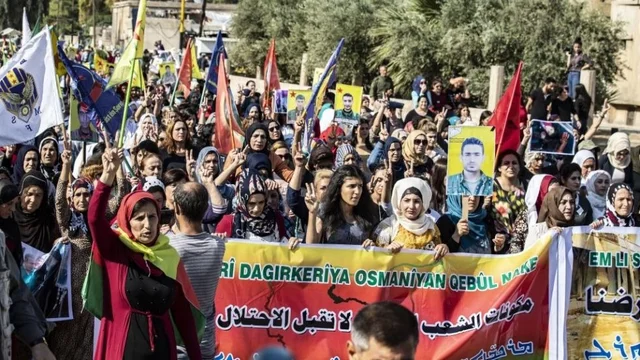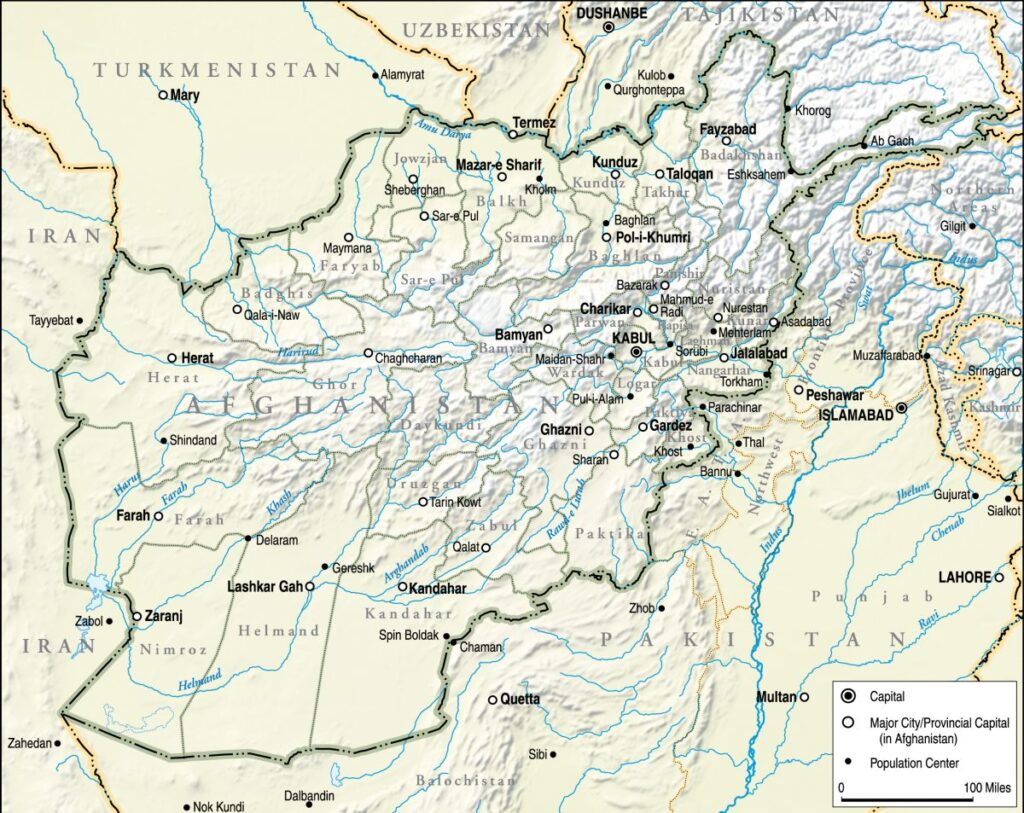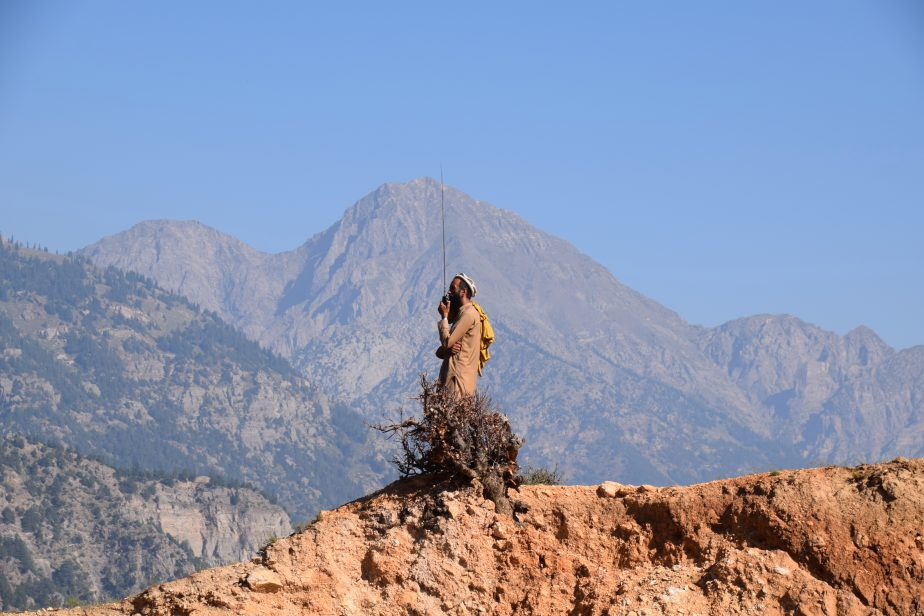AUKUS: Security Implications For China-ASEAN Maritime Cooperation And Good Ocean Governance In South China Sea – Analysis
When Australia, the United Kingdom and the United States formed the AUKUS on 15 September 2021, many countries in the world have raised serious concerns that this trilateral arrangement can further heighten existing security tensions in the Indo-Pacific because of AUKUS’ expressed intention to assertively counter China’s growing political power in the region. Like the QUAD or the Quadrilateral Agreement of US, Australia, India and Japan, AUKUS can be viewed as another containment approach by Western powers and their allies in the Indo-Pacific to strategically gang-up against China in their attempt to prevent Beijing from expanding its political influence in Asia and beyond.




